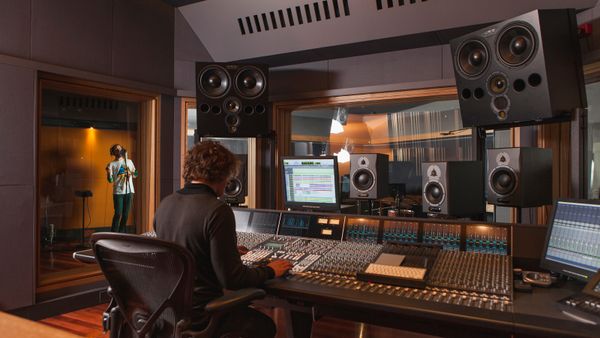For the music industry, 2003 was a year of many milestones. On one hand, Metallica's 1993 video for "Binge and Purge" was certified 15 times Platinum, making it the highest certified music video in history. On the other hand, a 12-year-old girl, Brianna LaHara, joined 260 other people who were sued for downloading copyrighted music from an Internet service; LaHara became the first to resolve the litigation, settling for $2,000.
What's the connection between these two landmarks? The group that handed out the award to the metal veterans was the same one that sued the preteen. It's all part of the often controversial saga of the Recording Industry Association of America (RIAA), the trade group that tirelessly promotes the music industry and ruthlessly polices music piracy.
Advertisement
As a trade association, the RIAA looks after the interests of the three big record labels, Sony, Universal and Warner, and of hundreds of smaller labels and distributors. Its members issue more than 85 percent of the music that is legally sold [source: RIAA]. RIAA activities on behalf of the music industry include the following:
- It tracks the sales of recordings and compiles statistics on trends by format and genre.
- It certifies sales in order to award prizes, including Gold and Platinum awards, for top-selling records.
- It bends the ears of legislators to pass laws that help musicians and record companies.
- It sets the standards for the technical aspects of the recording industry.
- It promotes the industry through public relations and education projects.
The RIAA got its start in 1952 and made a splash in 1958 when it awarded its first Gold record [source: RIAA]. Since then, the music industry has had to navigate a long stretch of white water as recording technology has changed and changed again. After all, nobody today listens to music the way folks did in the 1950s. From legal digital downloads to music piracy, the association has its work cut out for it as the industry continues to reinvent itself.
Advertisement



